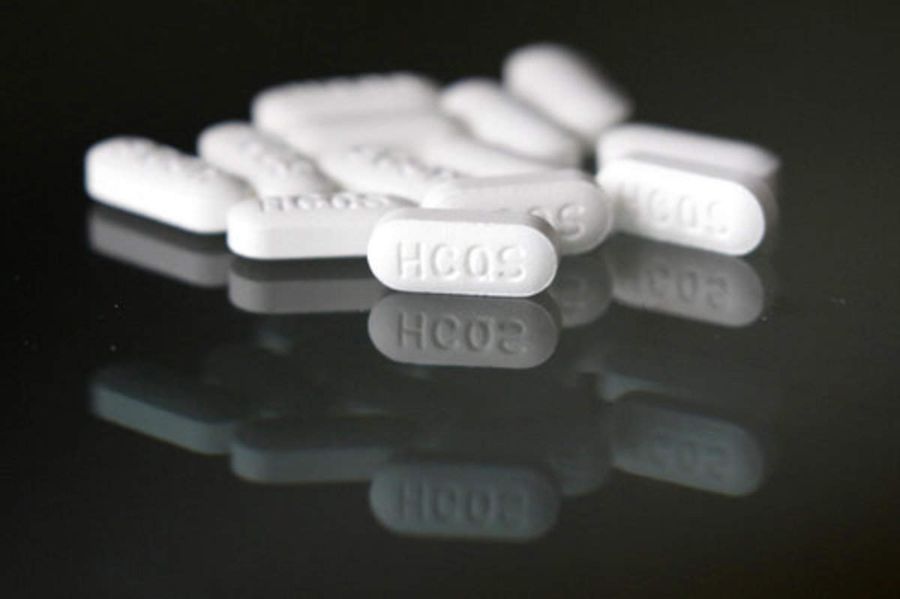
During this research, the researchers evaluated the safety of hydroxychloroquine in COVID-19 outpatients, where hydroxychloroquine was used.
According to the new research, the use of hydroxychloroquine (HCQ) in clinical trials among COVID-19 outpatients is safe, without high-risk factors for cardiac arrhythmia. The research was published in July 2020 in the preprint server, medRxiv. As of July 28, the virus has infected more than 16 million individuals and killed more than 654,199 people across the world. As the disease continues to wreak havoc in health care systems across the globe, a myriad of strategies is currently being tested to fight against COVID-19. Research Institutes and Pharma companies across the world are trying to develop an effective vaccine or drug against the virus.
However, hydroxychloroquine is a strong contender right from the beginning of the pandemic. The researchers evaluated the safety of hydroxychloroquine in COVID-19 outpatients, collecting data from 3 randomized trials, where hydroxychloroquine was used as early treatment, post-exposure prophylaxis, and pre-exposure prophylaxis, respectively. During this research, the team recruited around 2,800 people, with an average age of 40 years. Around 60% of the participants were in good health. Side effects were found in around 85% of individuals and one or more drug-related side effects were found in around 27% of the participants.
The researchers then compared the dosage frequency and found that around 30% of individuals had side effects when the drug was administered daily, 35% when the drug was administered twice a week, 30% when the drug was administered once a week and 20% when a placebo was used. Moreover, about 30% of individuals reported drug-related side effects in the clinical trials where the medication was administered post-infection or post-exposure. The most common side effects reported were gastrointestinal, such as abdominal pain, vomiting, diarrhea, and nausea or stomach upset. The above-mentioned symptoms were reported in a quarter of patients on daily dosage and in around 10% of those on placebo.






